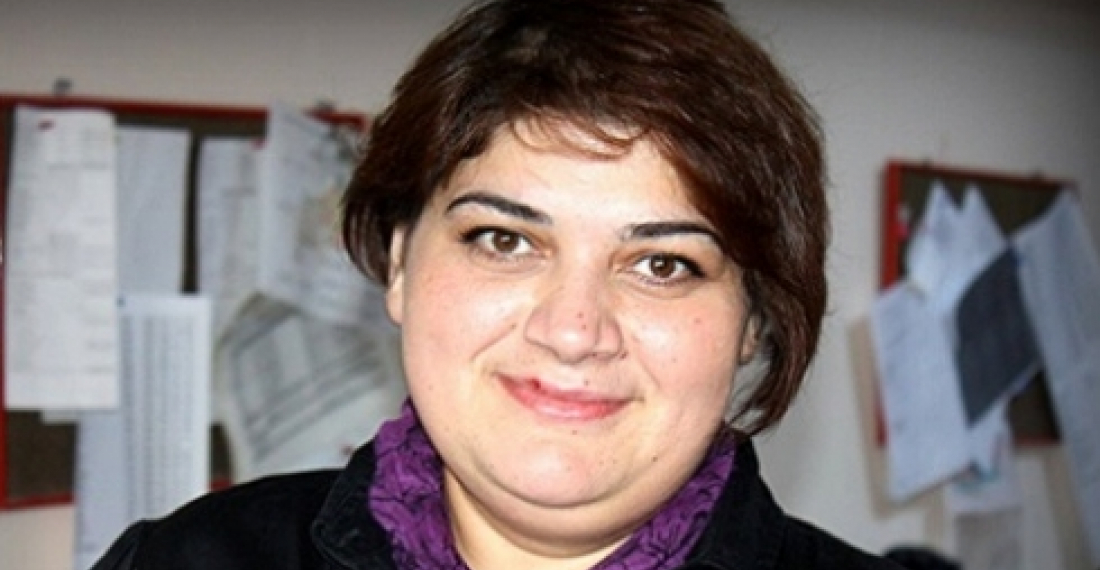Khadija Ismayilova, the Azerbaijani investigative journalist detained by her government, is being released from prison. The announcement on Wednesday came after a sustained international campaign to drop the charges.
The RFE/RL journalist was arrested in December 2014 and sentenced to 7.5 years for various financial crimes including embezzlement and tax evasion. However, a range of international human rights organisations criticised the charges. Amnesty International said the arrest was a "blatant bid to gag free media".
On May 3, Ismayilova was awarded the Unesco/Guillermo Cano World Press Freedom Prize by the United Nations for her investigatory work. While the government accuses her of crimes, she says she has been persecuted her investigations into Azerbaijan's ruling elites.
"I am a journalist and my only “crime” was to investigate high-level corruption within the government and family of Azeri President Ilham Aliyev," she wrote in the Washington Post in March.
The release comes after a series of pardons in March by President Aliyev, just before the Azerbaijani president attended a summit in Washington. America and the European Union have been pushing for Ismayilova's release. The Azerbaijani government is also planning a series of pardons for low level criminals on May 28, Azerbaijan's national day.
Ismayilova's case, if appeal was denied, could have gone to the European Court of Human Rights with high-profile Amal Clooney as her likely representative, which would have gained extra publicity.
Opposition leader Ilgar Mammadov reminds behind bars, though a European court has said the charges against him are politically motivated.
SOURCE: commonspace.eu and agencies
PHOTO: Khadija Ismayilova






